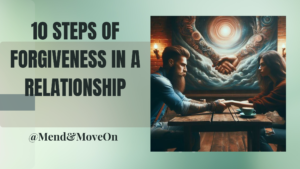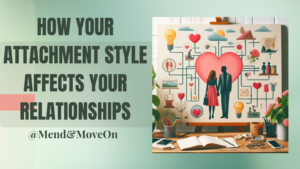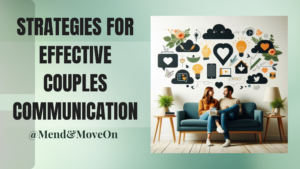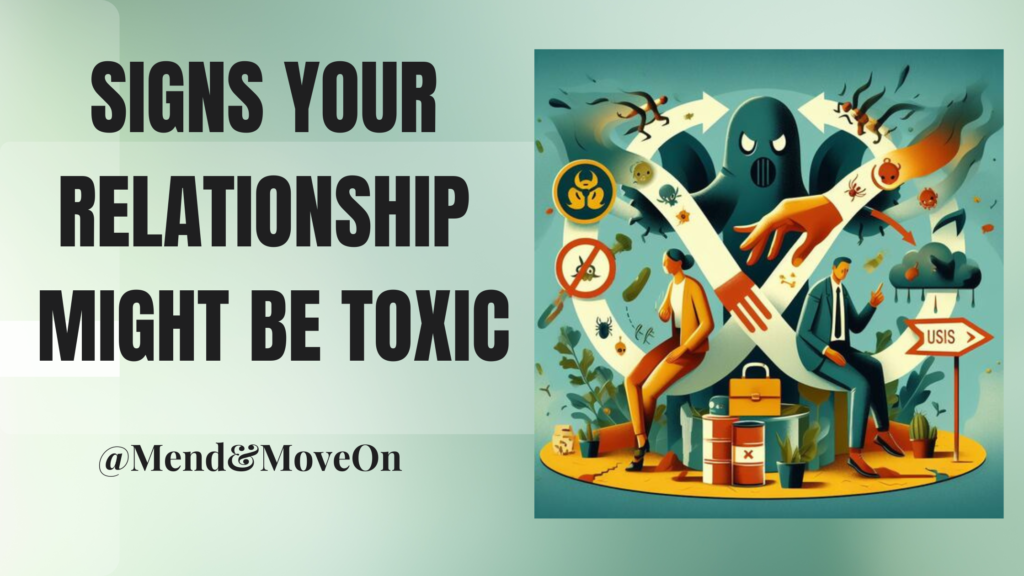
You walk into my office, shoulders slumped, eyes downcast, and a heavy heart seemingly resting on your entire being. Your story spills out in fragments, a tangled web of hurt, confusion, and frustration. You’re here because something just doesn’t feel right in your relationship. You’ve tried to brush it off, make excuses, convince yourself that it’s just a rough patch. But deep down, you know something’s off.
As you pour out your heart, I listen intently, observing not just the words you say but the emotions that dance across your face. And as I delve deeper into your narrative, it becomes increasingly clear: your relationship is toxic.
Toxicity in relationships isn’t always obvious. It doesn’t always manifest as outright abuse or blatant disrespect. Sometimes, it’s subtle. It’s the small jabs disguised as jokes, the constant feeling of walking on eggshells, and the erosion of your self-worth over time.
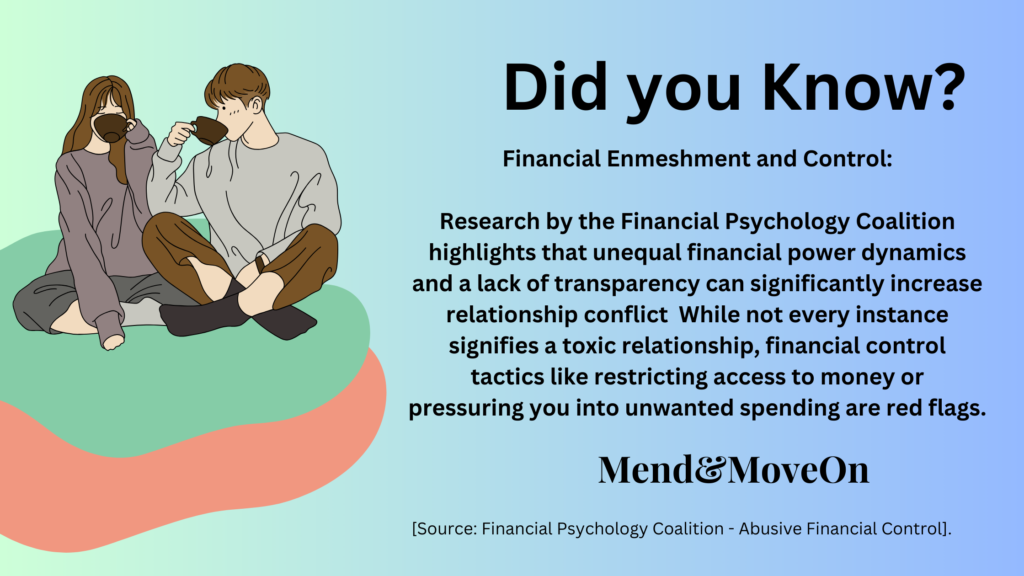
You see, toxicity isn’t just about what’s said or done—it’s about how it makes you feel. It’s about the insidious ways it seeps into every aspect of your life, poisoning even the brightest moments with doubt and insecurity.
So, how do you know if your relationship is toxic? What are the warning signs that shouldn’t be ignored? Let’s dive in and explore some of the red flags that indicate it’s time to take a step back and reassess.
1- Lack of Trust
Trust is the foundation of any healthy relationship. When trust is eroded—whether through lies, betrayal, or constant suspicion—it creates a toxic environment where insecurity thrives.
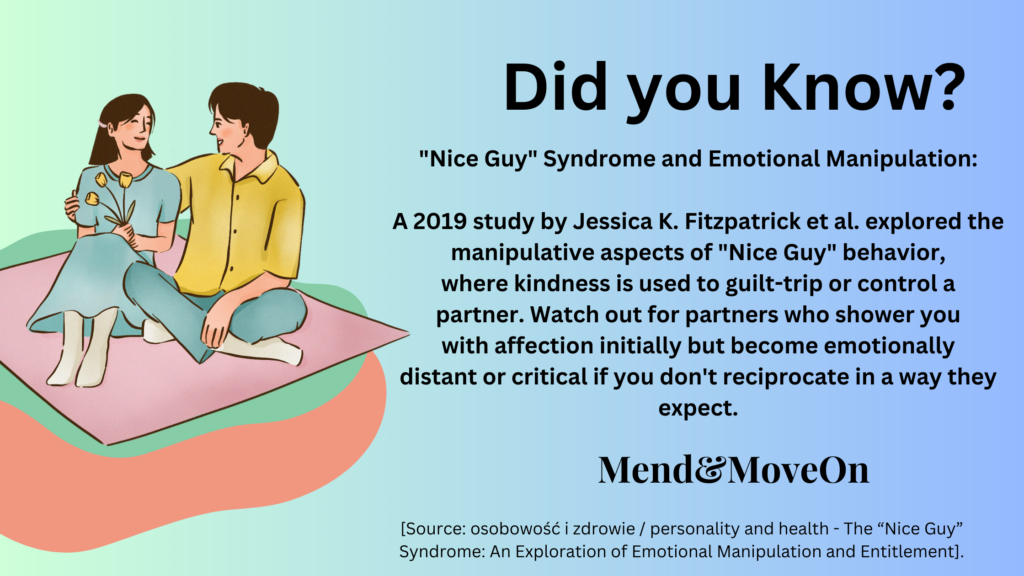
2- Constant Criticism
Constructive feedback is essential for growth, but constant criticism aimed at tearing you down is destructive. In a toxic relationship, you may find yourself constantly belittled, nitpicked, and made to feel inadequate.
3- Control and Manipulation
Healthy relationships are built on mutual respect and autonomy. In a toxic dynamic, one partner may exert control through manipulation, coercion, or gaslighting, leaving the other feeling powerless and trapped.
4- Isolation
Toxic partners often seek to isolate their significant other, cutting them off from friends, family, and support systems. This isolation not only strengthens the toxic partner’s control but also leaves the victim feeling increasingly isolated and dependent.
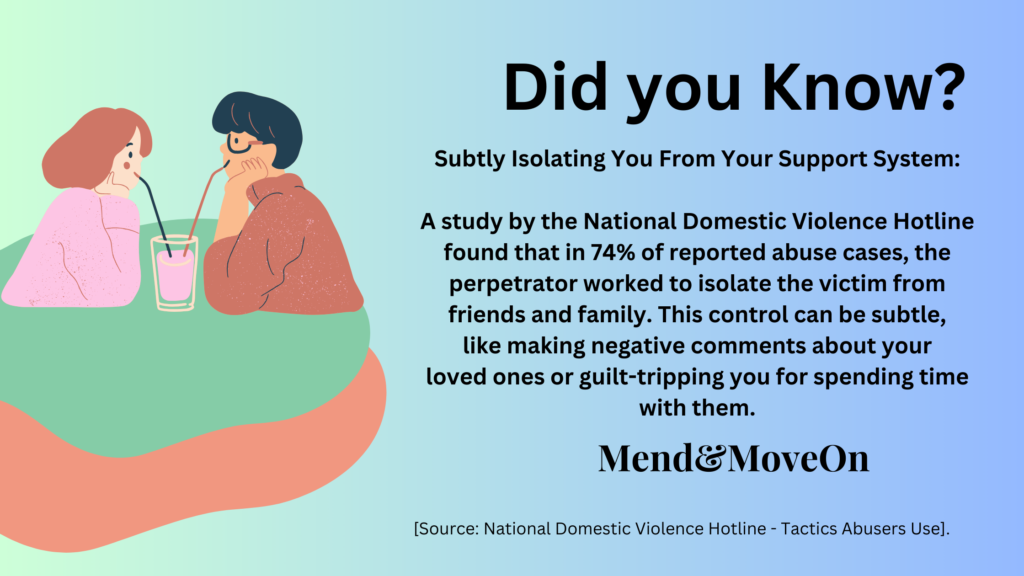
5- Lack of Communication
Effective communication is the lifeblood of any relationship. When communication breaks down—whether through stonewalling, avoidance, or outright hostility—it creates a toxic cycle of misunderstanding and resentment.
6- Unresolved Conflict
Conflict is inevitable in any relationship, but in a toxic dynamic, conflict is often left unresolved or handled in unhealthy ways. Instead of working together to find solutions, partners may resort to blame, defensiveness, or silent treatment.
7- Emotional or Physical Abuse
Perhaps the most blatant sign of a toxic relationship is abuse—whether emotional, verbal, or physical. No one deserves to be mistreated or harmed by their partner, and seeking help to escape such a situation is paramount.
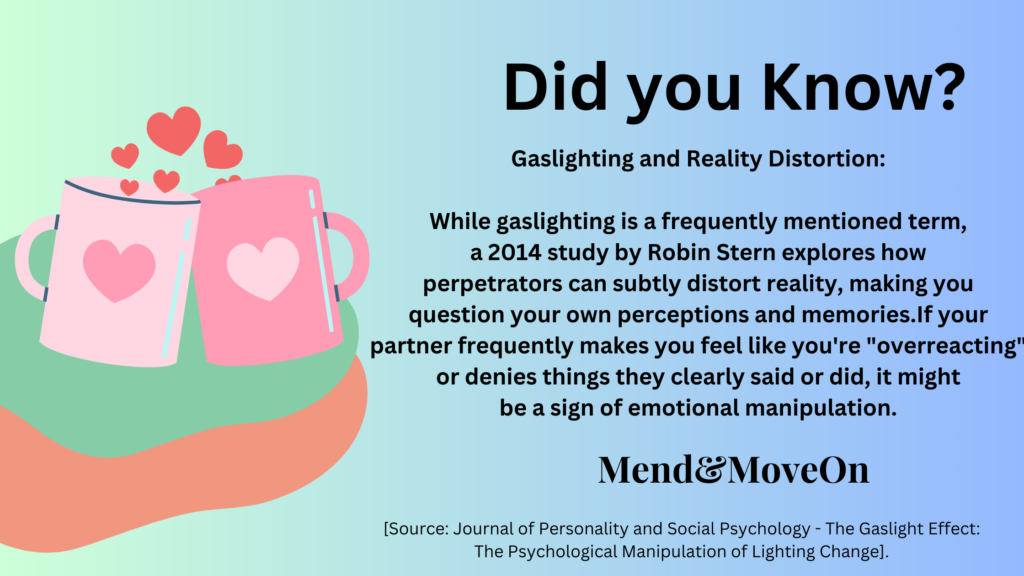
If any of these signs resonate with you, know that you’re not alone. Recognizing toxicity in your relationship is the first step toward reclaiming your happiness and well-being. It may be daunting, but reaching out for support—from friends, family, or a professional counselor—can empower you to take control of your life and build healthier, more fulfilling relationships in the future.
Remember, you deserve love, respect, and happiness. Don’t settle for anything less.
Wrap-up:
As you reflect on these examples, it’s crucial to remember that toxic relationships can have profound effects on your mental, emotional, and physical well-being. If you find yourself resonating with any of the signs discussed, I urge you to seek support and guidance. Whether it’s confiding in a trusted friend or reaching out to a professional counselor, remember that you deserve love, respect, and happiness. Don’t hesitate to take the necessary steps to walk away from toxicity and towards a healthier, happier future.
FAQ’s
How do I distinguish between normal relationship issues and signs of toxicity?
Understanding the difference between common relationship challenges and toxic behaviors can be tricky. Look for patterns of behavior that consistently undermine your emotional well-being, such as manipulation, control, or abuse. Consulting with a trusted friend or therapist can also provide clarity.
Can toxic relationships be fixed, or is it better to end them?
While some toxic relationships can improve with effort and professional help, others may pose ongoing risks to your mental and physical health. It’s essential to assess whether your partner is willing to change and whether the relationship is worth salvaging. Ultimately, prioritizing your safety and well-being is paramount.
I’ve noticed some toxic behaviors in my partner. How can I address them?
Confronting toxic behaviors in your partner requires open and honest communication. Choose a safe and calm setting to express your concerns, using “I” statements to convey how their actions impact you. Be prepared for potential resistance and consider seeking support from a therapist or counselor.
How can I rebuild my self-esteem after leaving a toxic relationship?
Leaving a toxic relationship can take a toll on your self-esteem, but it’s also an opportunity for growth and healing. Surround yourself with supportive friends and engage in self-care activities that nourish your mind, body, and spirit. Therapy can also be instrumental in rebuilding your confidence and sense of self-worth.
What are some warning signs that indicate I may be in a toxic relationship?
Warning signs of a toxic relationship include constant criticism, lack of trust, isolation from loved ones, manipulation, and unequal power dynamics. Pay attention to how you feel in the relationship and trust your instincts if something feels off. Seeking guidance from a trusted source can also provide clarity and support.


